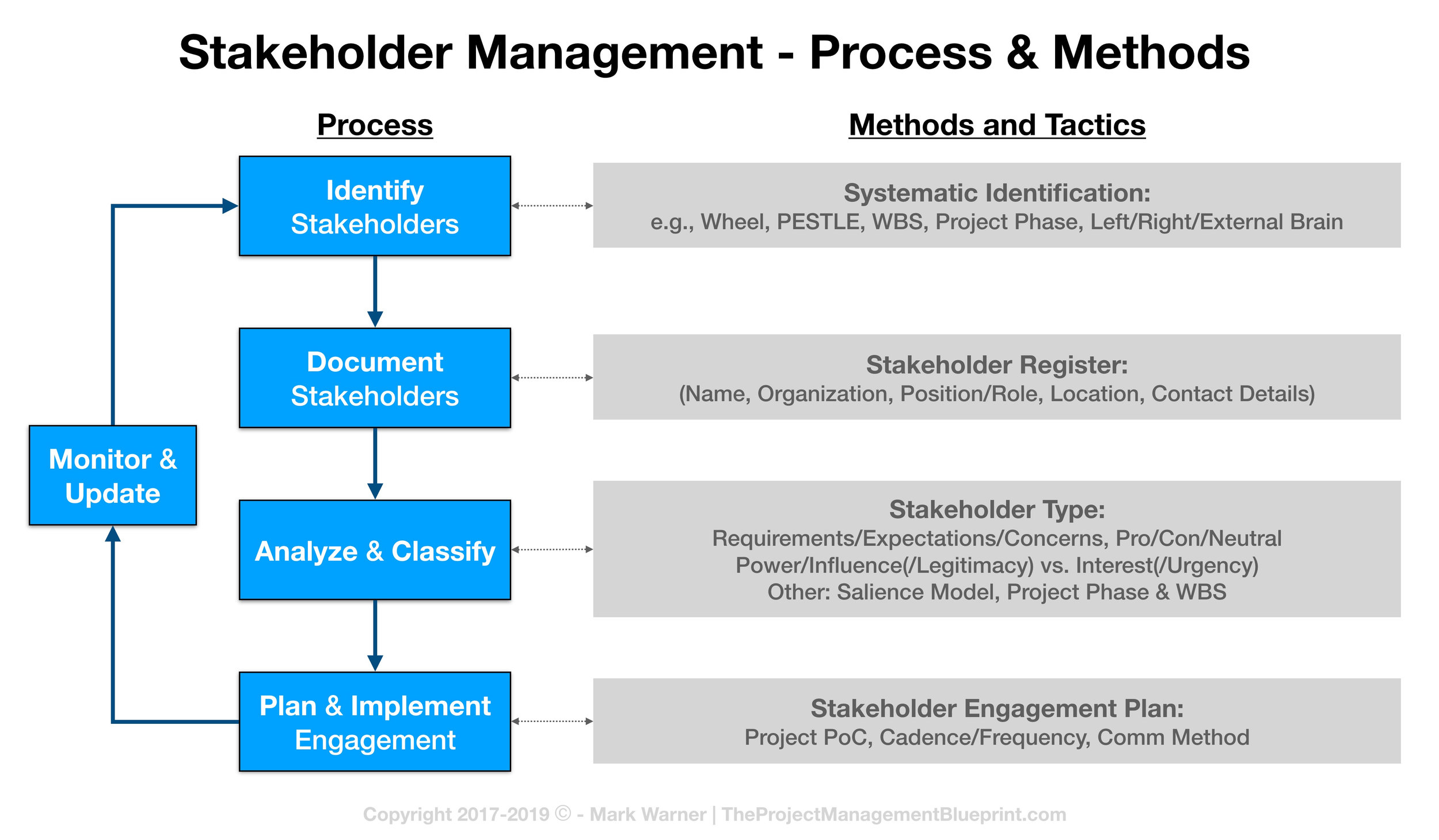
Are you interested in a career that involves project management? These are some helpful tips to get you started on your career. Many benefits come with the job of project manager. This can be a fulfilling career if you have the ability to lead a team, and delegate work. It will allow you to acquire the necessary skills, and it will also help you save time. Successful project managers focus on customer relationships, communication, and leading and motivating a team.
Qualifications are required
One of the best ways to become a project manager is to obtain an undergraduate degree in business, human resources, or management. This will provide you with a solid background in business, marketing, and communication. You will also be able to demonstrate leadership skills like communicating clearly and resolving conflict. You must also be able to motivate and boost the morale of your team members, making them project managers. You may need to have a Bachelor's degree, although the requirements for project management vary by company. However, it is possible to get an entry-level job if you have a Bachelor's in business or management.
Project managers should be organized and able to manage meetings and schedules. Good interpersonal skills are essential. They must also be able communicate their vision and goals clearly to others. Meetings and reports require good communication skills. This position requires a high level of responsibility and commitment to the company. The success or failure the project will depend on your attitude.

Job growth
According to Project Management Institute, there is a bright future for project managers. By 2016, the global gross domestic product for projectized industries is expected to increase by $4.5 trillion. The institute predicts an 8.2 million increase in the number of project-oriented workers over the same period. Despite the lack of detailed statistics on the career outlook for project managers, the Institute expects that the number of people in this position will increase.
The Project Management Institute estimates that there will be more than 25 million jobs for project managers by 2030. This means the world will require nearly two million additional project managers annually. The demand for project management will grow as entrepreneurs become more common. According to the Bureau of Labor Statistics there will be a 6 per cent increase in job opportunities for project managers by 2024. This means that 505,000 more project managers will need to be hired.
Education
To advance your career, you must be able to manage projects. While project managers tend to pursue formal education, many can also gain practical experience while interning or volunteering in the field. Here are the steps that will make you a successful project manager. To start, get a bachelor's degree or an equivalent degree in a relevant field. You can get many opportunities in the project management industry by obtaining your PMP certificate.
First, find areas where you are lacking in knowledge. By attending conferences, seminars, and workshops related to the field, you can fill in the gaps in your knowledge and develop your skills. You can also network with other project managers and join professional associations. Once you've gained valuable work experience, it's possible to go on to the next stage and receive the certification you desire. When you're ready for the next step, you can start your new job.

Experience
Your resume should reflect your experience as an experienced project manager. You should highlight at least two or three of your most important projects. Discuss the scope, budget and timeline. Also, discuss how many people were involved in each project. You may also include metrics to measure project success. If you were responsible for the construction of a hospital in your area, you can also include the costs and the successes you achieved.
Learn from experienced project managers to get more experience. Project managers usually start as assistants and then move up to manage the project. They are able to get to know the job and the organization. It can also help develop their leadership skills. A mentor can help them navigate this transition from assistant to project manager. Once you have found a mentor, they are able to assist you in getting started. Any professional who wants to move up in their career can benefit from experience in project managing.
FAQ
How can a manager improve his/her managerial skills?
You can improve your management skills by practicing them at all times.
Managers must continuously monitor the performance levels of their subordinates.
If you notice your subordinate isn't performing up to par, you must take action quickly.
You should be able pinpoint what needs to improve and how to fix it.
What are the most important management skills?
Management skills are essential for any business owner, whether they're running a small local store or an international corporation. These skills include the ability of managing people, finances, time, space, and other factors.
These skills are necessary for setting goals and objectives as well as planning strategies, leading groups, motivating employees and solving problems.
You can see that there are many managerial duties.
What are the main styles of management?
The three major management styles are authoritarian (left-faire), participative and laissez -faire. Each style has strengths and flaws. Which style do yo prefer? Why?
Authoritarian – The leader sets a direction and expects everyone follows it. This style is most effective when an organization is large, stable, and well-run.
Laissez-faire – The leader gives each individual the freedom to make decisions for themselves. This style is most effective when the organization's size and dynamics are small.
Participative - The leader listens to ideas and suggestions from everyone. This style is most effective in smaller organizations, where everyone feels valued.
What are the four main functions of management?
Management is responsible to plan, organize, direct, and control people and resources. This includes setting goals, developing policies and procedures, and creating procedures.
Organizations can achieve their goals through management. This includes leadership, coordination, control and motivation.
Management has four primary functions:
Planning - Planning is about determining what must be done.
Organizing - Organization involves deciding what should be done.
Directing - Directing means getting people to follow instructions.
Controlling - This is the ability to control people and ensure that they do their jobs according to plan.
It seems so difficult sometimes to make sound business decisions.
Complex systems with many moving parts are the hallmark of businesses. The people who run them must juggle multiple priorities at once while also dealing with uncertainty and complexity.
The key to making good decisions is to understand how these factors affect the system as a whole.
It is important to consider the functions and reasons for each part of the system. It's important to also consider how they interact with each other.
Also, you should ask yourself if there have been any assumptions in your past behavior. If they don't, you may want to reconsider them.
Asking for assistance from someone else is a good idea if you are still having trouble. You may be able to see things from a different perspective than you are and gain insight that can help you find a solution.
How can we create a culture of success in our company?
A positive company culture creates a sense of belonging and respect in its people.
It is founded on three basic principles:
-
Everybody has something to offer.
-
Fair treatment of people is the goal
-
Respect is shared between individuals and groups
These values are evident in the way that people act. They will show consideration and courtesy to others.
They will respect other people's opinions.
They encourage others to express their feelings and ideas.
A company culture encourages collaboration and communication.
People feel safe to voice their opinions without fear of reprisal.
They know mistakes will be accepted as long as they are dealt with honestly.
The company culture encourages honesty and integrity.
Everyone understands that the truth is always best.
Everyone recognizes that rules and regulations are important to follow.
Everyone does not expect to receive special treatment.
Statistics
- Our program is 100% engineered for your success. (online.uc.edu)
- The profession is expected to grow 7% by 2028, a bit faster than the national average. (wgu.edu)
- 100% of the courses are offered online, and no campus visits are required — a big time-saver for you. (online.uc.edu)
- Hire the top business lawyers and save up to 60% on legal fees (upcounsel.com)
- The BLS says that financial services jobs like banking are expected to grow 4% by 2030, about as fast as the national average. (wgu.edu)
External Links
How To
What are the 5S for the workplace?
Your workplace will be more efficient if you organize it properly. A clean desk, a neat room, and a well-organized space are all key factors in ensuring everyone is productive. The five S's, Sort, Shine. Sweep. Separate. and Store, work together to make sure that every inch of space can be used efficiently and effectively. This session will take you through each step and show you how they can fit into any environment.
-
Sort. Clear away clutter and paper so that you don’t spend time looking for it. This means that you should put things where they are most useful. If you frequently refer back to something, put it near the place where you look up information or do research. Also, consider whether you really need it. If it isn't useful, get rid!
-
Shine. Keep your belongings tidy and organized so you can spend less time cleaning up afterwards. Get rid of anything that could potentially cause damage or harm to others. You might have many pens and need to put them away. It could be worth investing in a penholder. Pens won't get lost anymore.
-
Sweep. You should clean your surfaces often to prevent dirt and grime from building up. To ensure that surfaces are clean and as neat as possible, you might consider investing in dusting equipment. You can also set aside an area to sweep and dust in order to keep your workstation clean.
-
Separate. Separate your trash into multiple bins to save time when you have to dispose of it. Trash cans are usually placed strategically throughout the office so that you can easily throw out the garbage without searching for it. Place trash bags next to each trash can to take advantage of the location.